I'm interested in getting and doing some processing on all the entities A returned by a query of the form:
SELECT * FROM A a WHERE a.id not in (select b.id from B)
Where A is a "complex" entity in the sense that it inherits (InheritanceTyped.Joined) from other entities and that several of its attributes are other entities (@OneToOne and @ManyToOne).
The query itself takes a few minutes to yield results hence my desire to execute it as few as possible.
Here are the different approaches i tried to get those A elements as efficiently as possible :
- Pagination using setFirstResult/ setMaxResults Do the job, but pretty slowly as the query seems to be executed everytime.(around 50 elements processed/sec)
Getting IDs first, A objects next Keeping all the IDs in memory is doable, so I execute once
SELECT a.id FROM A a WHERE a.id not in (select b.id from B)
and then select a from A a WHERE a.id= :id, which goes relatively fast as the id column is indexed. This is currently the solution that is the most efficient with (around 100 elements processed/sec)
- Using ScollableResults I had high hope with this solution, but it ended up being slower than other alternatives, leaving me at around 20 elements processed/sec ...
As a neophyte, I don't know what other options to investigate, or if I did something wrong in any of my attempts.
Hence my questions:
- Are there (factually) other approaches to efficiently tackle this kind of problem ?
- Is it normal that ScrollableResults performed so poorly ? Is there something I should have paid attention to while implementing this solution?
